Five reasons why the 21st century will be the heyday of astrophysics
 Source:
Source:
For many centuries, we arrogantly believed that he had found almost all the answers to the deepest questions. Scientists thought that Newtonian mechanics describes everything, until he discovered the wave nature of light. Physics thought when Maxwell unified the electromagnetism, it was the finish, but then came relativity and quantum mechanics. Many thought that the nature of matter is fully clear, when we found the proton, neutron and electron, but then stumbled on the high-energy particles. Just 25 the last five years of incredible discoveries changed our understanding of the Universe, and each of them promises a Grand revolution. We live in exciting times: we have the opportunity to look into the depths of the mysteries of all things.
the
the Mass of neutrinos
When we started to calculate on paper the neutrinos coming from the Sun, we've got a number based on the synthesis that must occur inside. But when we started in fact to count neutrinos coming from the Sun, we saw only a third expected. Why? The answer came only recently, when a combination of measurements of solar and atmospheric neutrinos have shown that they can oscillate from one type to another. Because they have mass.
What does this mean for astrophysics. Neutrinos are the most common massive particle in the Universe: they are a billion times more than electrons. If they have mass, it follows that:
the-
the
- they make up a fraction of dark matter the
- get into galactic structure the
- might form a strange astrophysical condition known as fermionic condensation the
- can be associated with dark energy.
If neutrinos have mass, they can also be Majorana particles (rather than the more common particle Dirac) to provide a new type of nuclear decay. Also they can be superheavy fellow lefties, which could explain dark matter. Neutrinos also carry most of the energy in a supernova, are responsible for cooling of neutron stars affect the afterglow of the Big Bang (CMB) and are an essential part of modern cosmology and astrophysics.
theAccelerating universe
If the universe begins with a hot Big Bang, it will have two important properties: the initial expansion rate and the initial density of matter/radiation/energy. If the density was too large, the universe would be reunited again; if too small, the universe is forever expanding. But in our Universe, the density and the expansion is not only perfectly balanced, but a tiny part of this energy comes in the form of dark energy, and that means that our universe began to rapidly expand after 8 billion years and since then continues in the same spirit.
What does this mean for astrophysics. For the first time in human history we got the opportunity to learn a little about the fate of the Universe. All objects that are not linked gravity, will eventually diverge, so everything beyond our local group will one day fly away. But what is the nature of dark energy? Is it really a cosmological constant? Whether it is connected with the quantum vacuum? Could it be a field whose strength is changing with time? Future missions like ESA's Euclid, WFIRST, NASA and the new 30-meter telescopes will allow more accurate measurements of dark energy will allow us to accurately describe how the universe is accelerating. In the end, if the acceleration is increasing, the universe will end in a Big Gap; if it falls, Great Compression. At stake is the fate of the entire Universe.
theextrasolar Planets
A Generation ago we thought we were near other star systems have planets, but we had no evidence to prove this thesis. Currently, largely because of the mission of NASA "Kepler", we found and tested thousands of them. A solar system different from our own: some contain super-earths or mini-Neptune; some contain gas giants in the inner solar system; most contain worlds the size of Earth at the right distance from the tiny, dim, red dwarf stars, on the surface could be water in a liquid state. Still, a lot remains to be seen.
What does this mean for astrophysics. For the first time in history, we have found worlds that could be potential candidates for life. We are closer than ever before to detect signs of alien life in the Universe. Many of these worlds may someday be home to human colonies if we want to go this route. In the 21st century we will begin to explore these opportunities: to measure the atmosphere of these worlds and search for signs of life, send space probes at a substantial speed, to analyze their similarities with Earth on grounds such as oceans and continents, cloud cover, the oxygen content in the atmosphere, the seasons. Never in the history of the Universe was not more appropriate for this moment.
thethe Higgs Boson
The Discovery of the Higgs particle in the early 2010s, completed, finally, the Standard model of elementary particles. The Higgs boson has a mass of about 126 GeV/C2 decays in 10-24 seconds, and breaks down exactly with the predictions of the Standard model. The behavior of this particle there are no signs of the existence of new physics beyond the Standard model, and this is a big problem.
What does this mean for astrophysics. Why the mass of the Higgs is much smaller than the Planck mass? This question can be formulated differently: why is the gravitational force so much weaker than other forces? There are many possible solutions: supersymmetry, extra dimensions, the fundamental excitation (conformal solution), the Higgs as a composite particle (Technicolor), etc. But until these solutions no proof, and sufficiently thorough we looking for?
At some level there must be something fundamentally new: new particles, new fields, new force, etc they will have astrophysical and cosmological consequences, and all these effects depend on the model. If particle physics, for example, on the TANK, will not provide any new hints, maybe astrophysics will provide. What happens when the most high energies and on very short distances? The big Bang and cosmic rays — bring us the highest energy than could our most powerful particle accelerator. Following the key to solving one of the biggest problems in physics can appear from space, not on Earth.
theGravitational waves
For the past 101 years it was the Holy Grail of astrophysics: the search for direct evidence of the biggest unproven predictions of Einstein. When Advanced LIGO reached out in 2015, she managed to reach the sensitivity required to register a ripple of space-time from a very high source of gravitational waves in the Universe: a twisting spiral, and merging black holes. Having two confirmed detections in the zone (and how many more will), brought Advanced LIGO gravitational-wave astronomy from the realm of fantasy in the reality.
What does this mean for astrophysics. All astronomy up to the present time was dependent on light, from gamma rays to the visible spectrum, microwave and radio frequencies. But the discovery of ripples in space-time is a completely new way of studying astrophysical phenomena in the Universe. Having the right detectors with the required sensitivity, we can see:
the- supermassive black holes devouring other mass; the
- gravitational wave signature of supernovae; the
- signatures of pulsars; the
- residual gravitational-wave signatures of the birth of the Universe, perhaps.
The merger of neutron stars (and find out whether they are gamma-ray flash);
The merger of white dwarfs (and associate them with the supernova type Ia); the
Currently gravitational wave astronomy is at the very start of development, it is hardly becoming a tested area. The next steps will be to increase the range of sensitivity and frequencies, as well as the comparison seen in the gravitational sky with optical sky. The future is coming.
And we're not talking about other great puzzles. There is dark matter: more than 80% of the mass of the Universe is completely invisible to light and ordinary (atomic) matter. There is a problem of baryogenesis: why our universe is full of matter and not antimatter, even though every reaction that we have ever seen, completely symmetric in matter and antimatter. There are paradoxes of black holes, cosmic inflation, have not yet created a successful quantum theory of gravity.
There is Always the temptation to believe that our best days are behind you, and the most important and revolutionary discoveries have already been made. But if we want to understand the biggest question of all — where did the universe what it actually is appeared and where it will end — we still have a lot of work. With unprecedented size, range and sensitivity of the telescopes, we will be able to learn more than ever knew. Winning is never guaranteed, but every step that we take brings us one step closer to the place of destination. No matter where this journey takes us, the important thing is that it will be incredible.
...Recommended
What will be the shelter for the first Martian colonists?
Mars is not the friendliest planet for humans While the Red Planet is roaming rovers, researchers are pondering the construction of shelters and materials needed by future Martian colonists. The authors of the new paper suggest that we could use one ...
New proof of string theory discovered
Just a few years ago, it seemed that string theory was the new theory of everything. But today the string universe raises more questions than answers String theory is designed to combine all our knowledge of the Universe and explain it. When she appe...
What is the four-dimensional space?
Modeling camera motion in four-dimensional space. View the world in different dimensions changes the way we perceive everything around, including time and space. Think about the difference between two dimensions and three dimensions is easy, but what...
Related News
Google has found an effective way to teach the AI to build even more powerful AI
Google has announced the next big step in the development of artificial intelligence, describing a new approach to machine learning, by which neural networks can be used to create more efficient neural networks. In fact, we are ta...
Created technology that allows you to listen to the bacteria and cells
Engineers from the University of California San Diego have created a nanoscale optical fiber that has an incredible level of sensitivity: it is capable of detecting fluctuations produced by the turbulence created by the moving bac...
Is it possible to travel in time from the point of view of science?
Never wanted to go somewhere another time? No, not with the usual speed at which we are "bored" going forward — second by second. Either: the the faster to be able to get far into the future, remaining in the old age; the slower,...
Scientists first managed to obtain images of electron motion in graphene
Such material, graphene represents a two-dimensional carbon lattice with a thickness of only 1 atom, has recently become increasingly popular. And study its properties by specialists from around the world. Just recently a group of...
In Kazan was held the first Russian session quantum "phone" connection
As the press service of the ITMO University, Russian scientists successfully launched the Tatarstan capital of Kazan the first in Russia multi-node quantum network. Has been recently verified in the regime of «quantum phone&#...
Korean scientists have developed the long-range locator of radioactive materials
The best and well-established tool for detecting radioactive contamination are well-known Geiger counters. They register the radiation sources to capture the flows of photons and electrons. But researchers from Korea recently prop...
Impossible things that are possible on other planets
People are so accustomed to Earth that any access to space is very expensive, and the flight to another planet is postponed for decades, and all because of our habits. We breathe air, bathe in the sea, enjoying the sunset and the ...
The first in the history of the physics textbook was sold for 790 000 $
history books on science are for many collectors. Auctioneers put these treatises for a lot of money and often they find new owners who are willing to pay hundreds of thousands of dollars for the coveted lot. The famous textbook o...
Scientists have discovered a new quantum state of matter
Physics Department quantum information and matter California Institute of technology have discovered a new state of matter – a three-dimensional quantum liquid crystals. The discovery promises a progress in the development of the ...
Neuroscientists closer to understanding the mysteries of sleep
Like Islands sticking out of the smooth surface of the ocean, dreams pierce our sleep incoherent episodes of consciousness. How come these fragments of thoughts in sleep the brain — this question has long concerned scientists and ...
10 greatest scientific discoveries and achievements of the past decade
Over the past 10 years in the world of science there have been many amazing discoveries and achievements. I'm sure many of you who read our website, heard of most of the presented current list points. However, their importance is ...
How does it work? | Nuclear power
In today's issue of the scientific-educational programs «How does it work?» we'll talk about nuclear power plants: fission, fuel rods, reactor performance, and much more. Pleasant viewing! ...
The theory of emergence: what is reality?
the Theory of emergence (emergence) is a new physical model, currently being developed by the Los Angeles group of scientists. The task of the theory closely, but just to weave together quantum mechanics, General and special relat...
As a mathematician helped biologists to make important discoveries
Despite the fact that mathematics often called the fundamental science, she often doesn't get enough respect when scientific discovery. But the contribution of mathematics and statistics is very important and transformed whole are...
The more accurate the clock, the more blurred becomes the time
Time is a strange thing. We used to count the hours, but the Universe is not some main clocks and dials, so we can experience time differently, depending on how we move or how we are affected by gravity. Physicists have tried to u...
Humanity is one step closer to creating synthetic yeast
Scientists are one, but very significant step towards the creation in the laboratory of yeast. They were able to generate five chromosomes of yeast. Yeast is essential for humanity, including for the production of bread and bakery...
The clarification rate of the Universe may lead to new physics
It was in the early 1990-ies. The Carnegie Observatory in Pasadena, California, was empty for the Christmas holidays. Wendy Freedman, one in the library worked on the huge and thorny problem: the rate of expansion of the Universe....
It has created a lighting system for lasers
the Engineers of the holding "Ruselectronics" is launching a novel lighting system which is based on the use of laser radiation. These lights can operate in hostile environments like nuclear power stations and even underwater. Rad...
Breeder from the USA brought out Python print Emoji-Emoji on the body
it is known that changes in nature occur constantly: mutations lead to new species and even species, and is influenced by conditions in the external environment living organisms can acquire new properties. But sometimes appeared a...
The operating system code recorded in the DNA molecule
In connection with the development of technology and the increasing amount of data, professionals are looking for new ways of storing information. And recently a group of scientists from Columbia University and the new York Genome...



















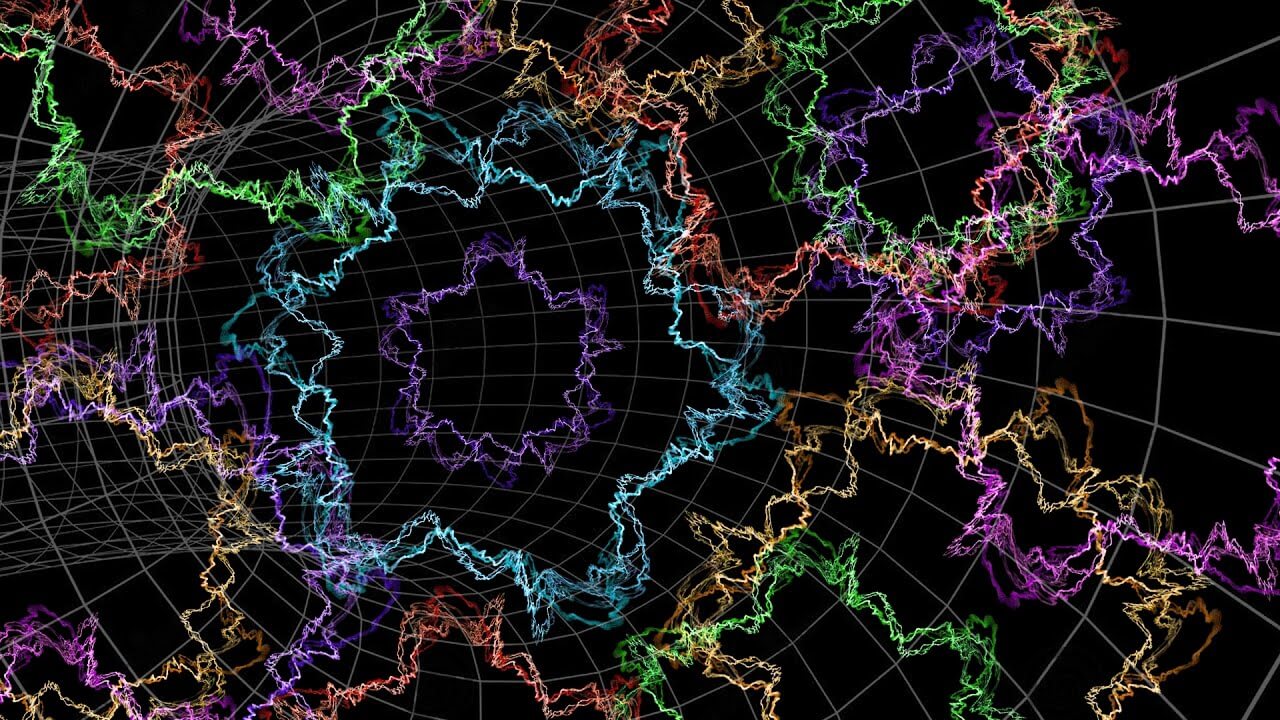
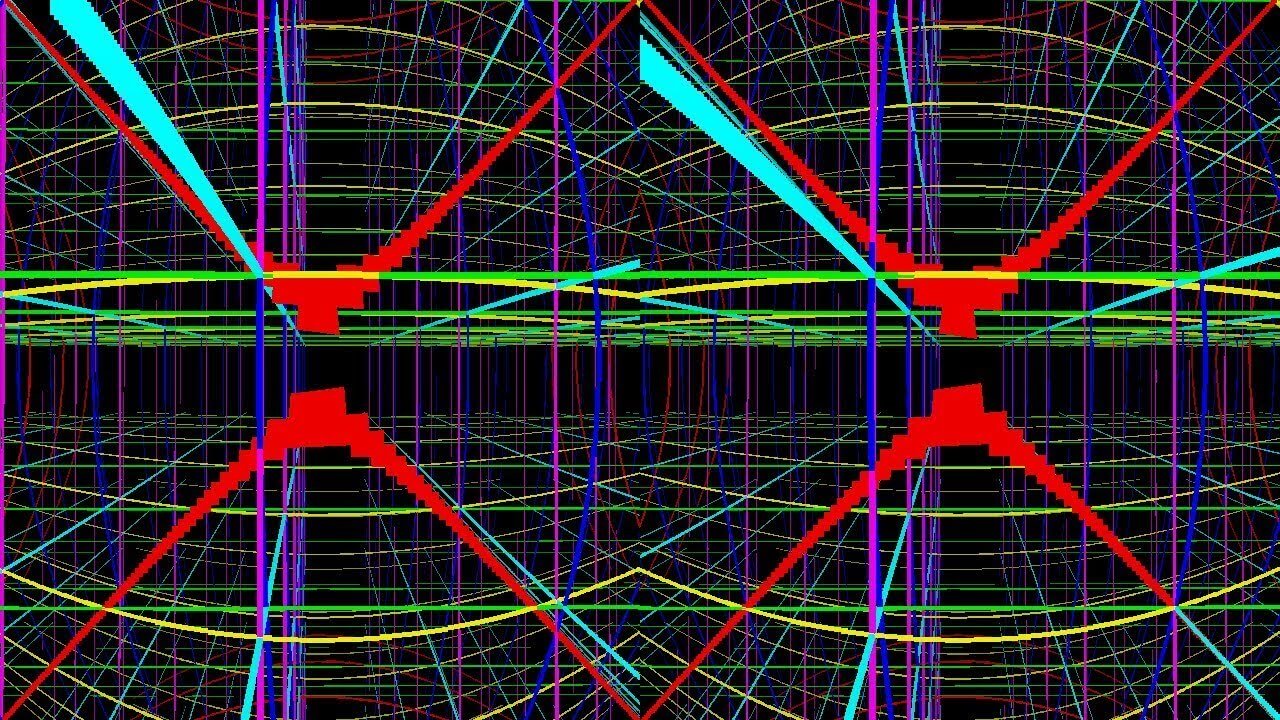


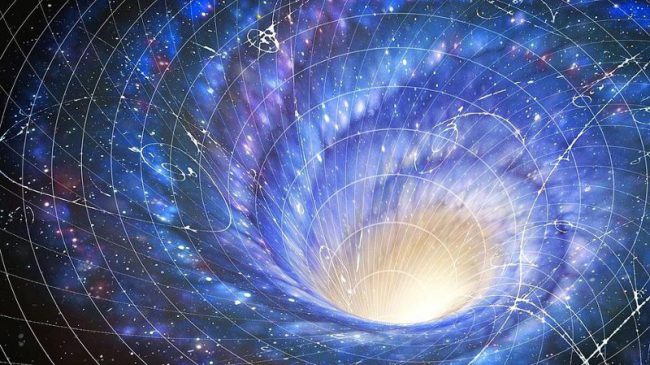


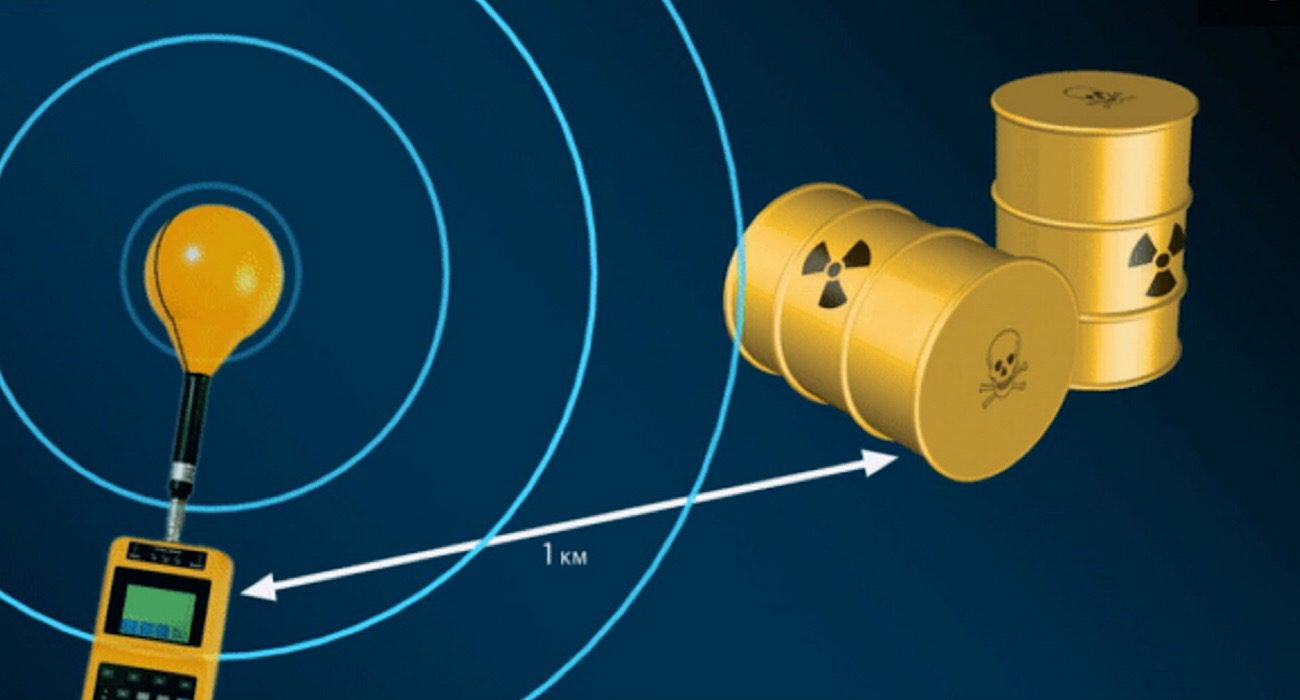
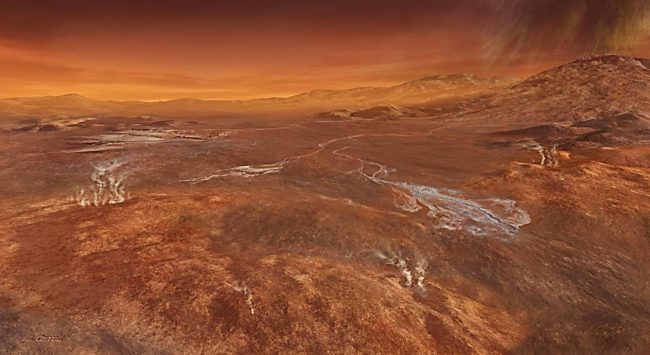

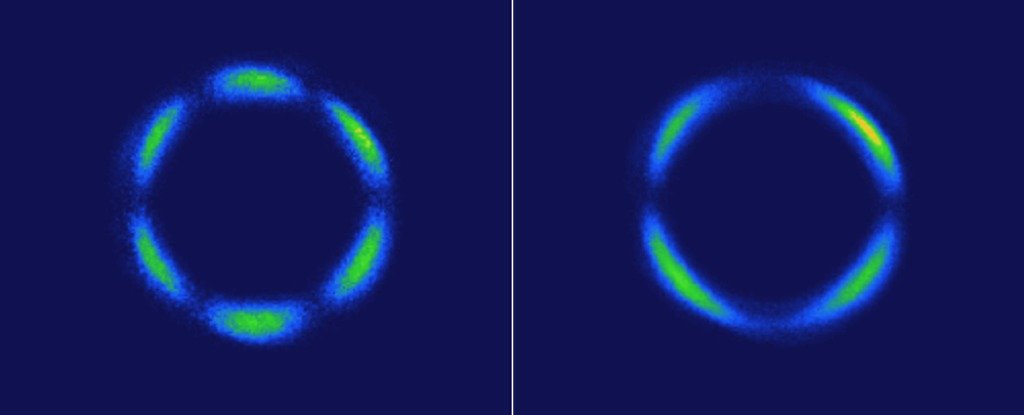







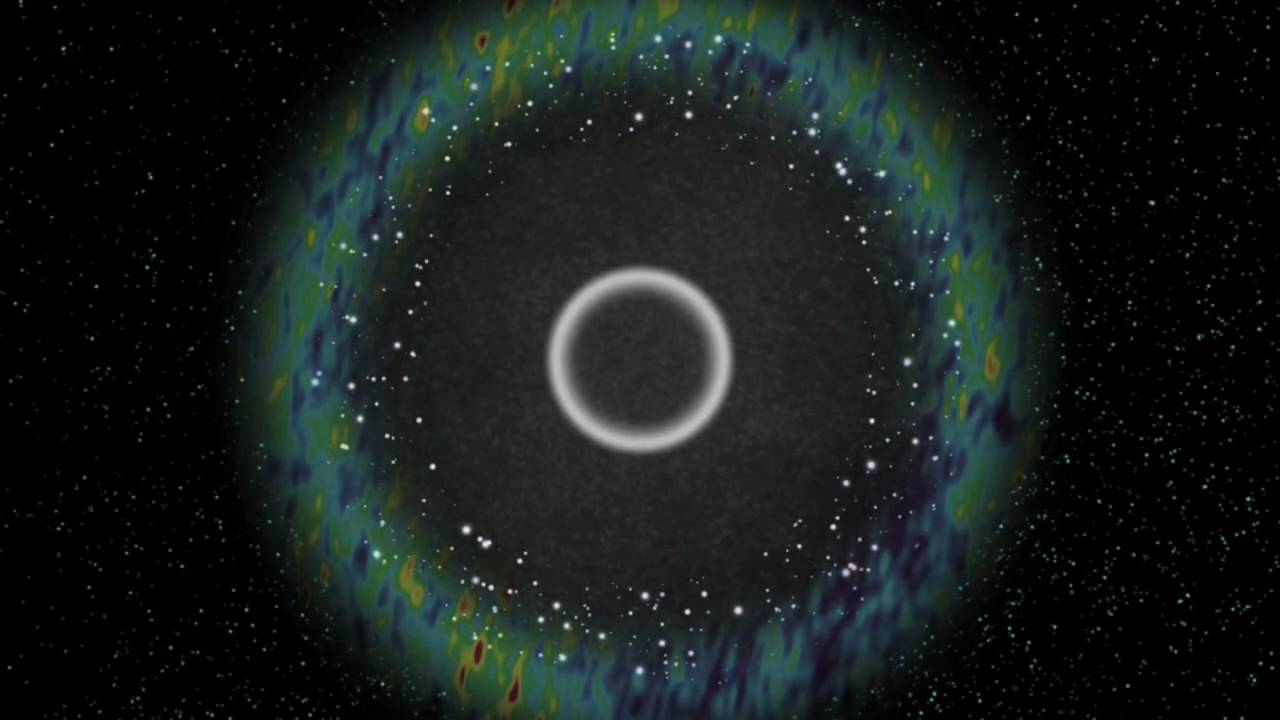


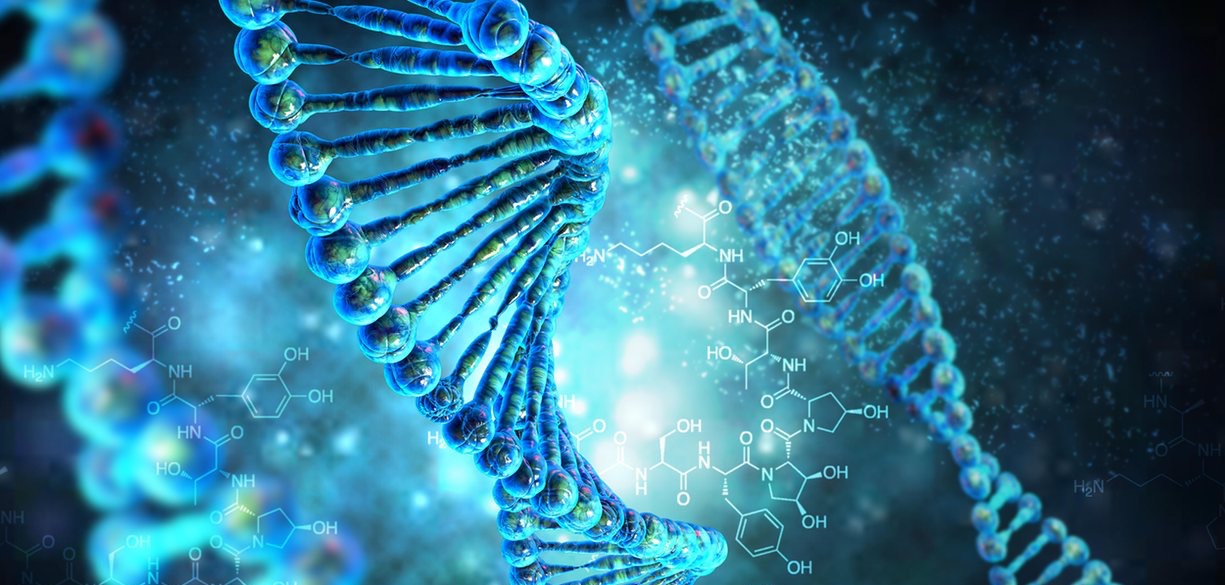
Comments (0)
This article has no comment, be the first!